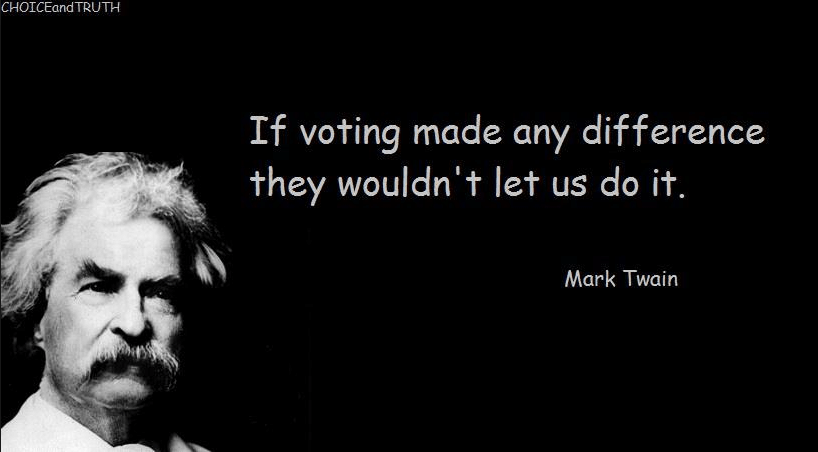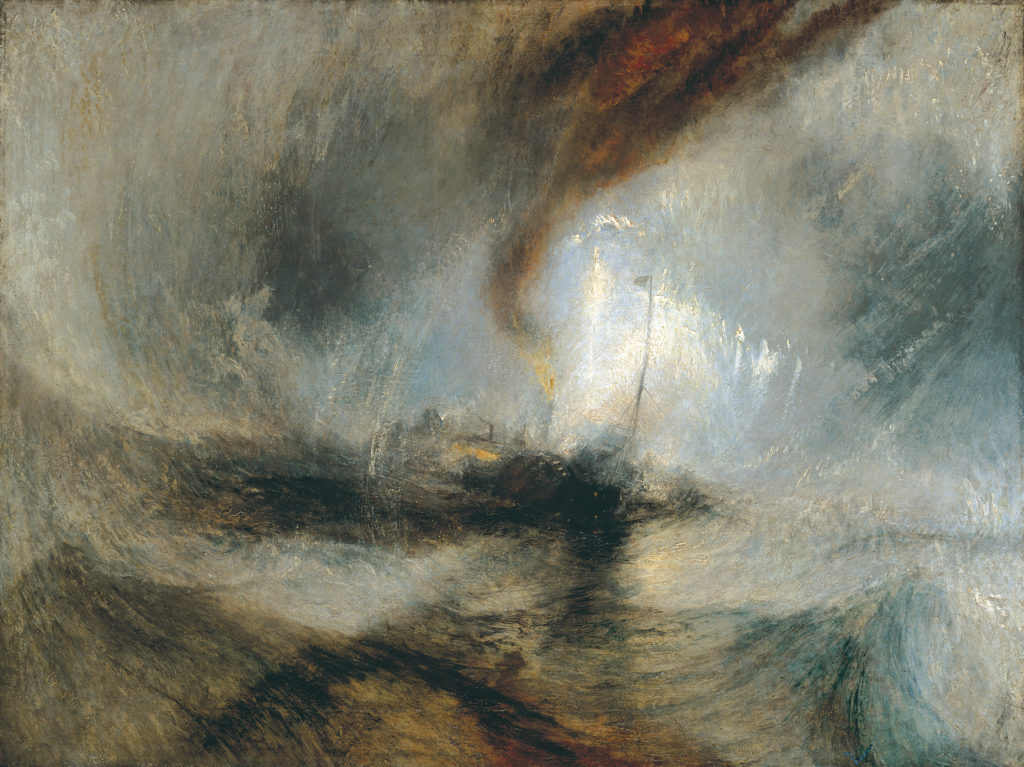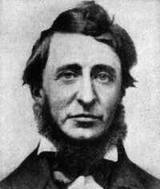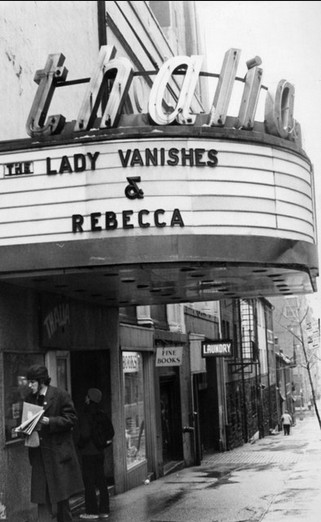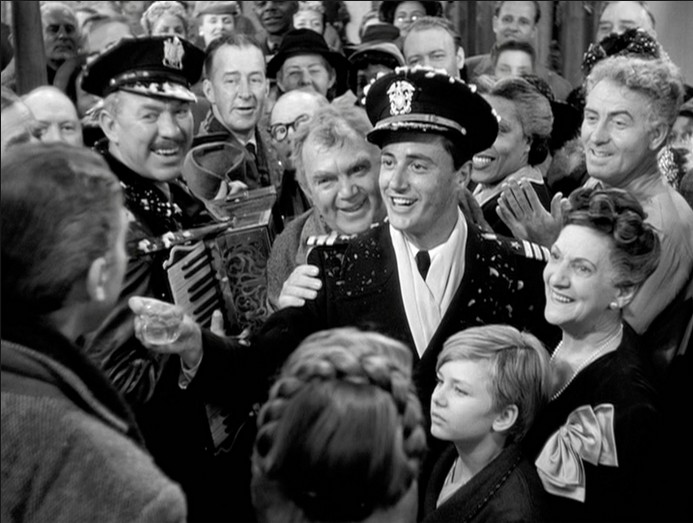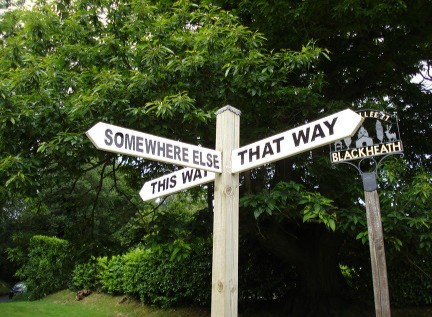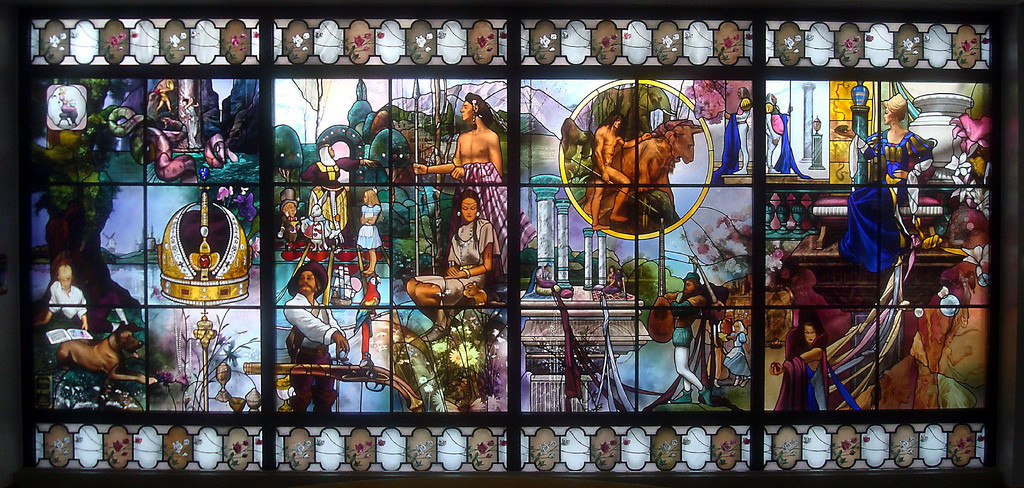
It’s a proven fact that when people win the lottery–in other words–have enough money for life–some of them stay where they are at the same job, and in the same house, and almost all of them are broke within five years.
What’s going on with that?
Do We Want Enough Money Deep Down in Our Hearts?
Lots and lots of websites in the personal development field offer answers. The owners of those sites are experts, and the fact that they have the ability to help people find a better way to live their lives is proven, too. They all share one common thread–our choices are driven by what we believe.
So if we believe having a limited supply of money and living in the same house forever is good for us, we don’t adapt happily if those factors change. If we believe we should not have more money than other people (not a problem celebrities and politicians tend to have), then our lifestyle will be modest at best. If we believe having a million dollars and more is scary, then winning the lottery is a burden we are only too glad to drop, by letting the money vanish as fast as possible. If we are disdainful about money, feel it is not spiritual or valuable in any way, we can be sure it is unlikely to show up in our bank account.
What Beliefs Make Us Sabotage Getting Enough Money?
I’m no expert. These are just a few meandering thoughts based on reading and studying over two thousand websites over three years on the subject–partly because I was driven to find out how the rich get rich and partly to find out why our beliefs run us so very, very well. I have had a personal investment in both subjects, but I am still an amateur.
However, I think I can safely name three beliefs that keep us treading water instead of taking a deep dive into not just being financially free, but free in spirit–because the two go together. They do. You’d be surprised how much. With more than enough money, you can help the world and be in service to the planet. If you have only enough money to survive on, you can’t. Anyway, here are the three:
- Certainty we are just holding on financially by our fingernails (even if it isn’t factually true)
- Conviction if we have money we are bad people (even if we are good)
- Fear of doing better than our parents, grandparents, and/or ancestors
What About All the Greedy People?
Yes, they’re out there (and include a lot of celebrities and politicians). The thing is, having money doesn’t make you one of them. The truth is we use that idea as an excuse. Maybe even as a way to feel proud of ourselves for not having enough money. Who knows where our resistance comes from. But my research suggests to me we’d do well to find out. Living on the edge, living with a moral tenet that isn’t true, or buying into an ancestral mandate–all three are beliefs that leave us in the dollar-less dust, metaphorically speaking.
So What Happens If You Say OK to Changing Course and Letting Money Flow into Your Life?
I can’t pretend on this one. It IS scary. You could lose it, get it taken by con artists, have relatives clamoring at the door for a handout, discover old friends are upset with you, and some new ones are a little too eager.
At the same time, you have a power, freedom, and choice that you’ve never known before. You have the chance to see what you’ll do with it all.
The Risk of Having Enough
And this is why it’s scary–you get to know who you are when you really do have the means to help the world in your own unique way–and you get to find out firsthand if that is what you want to do–and even more to the point, what you choose to do. Most people would rather not face that revelation.
How about you?

